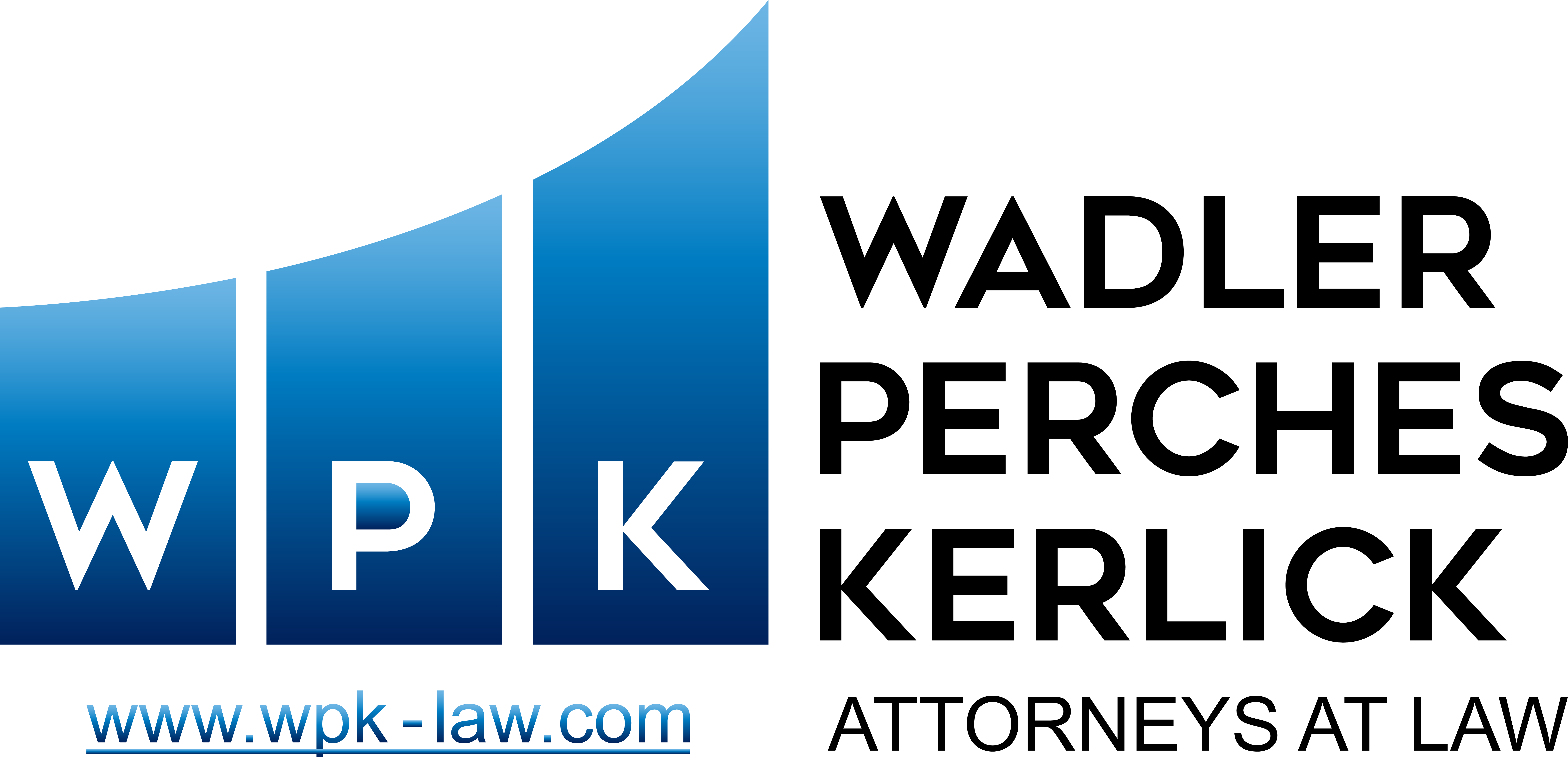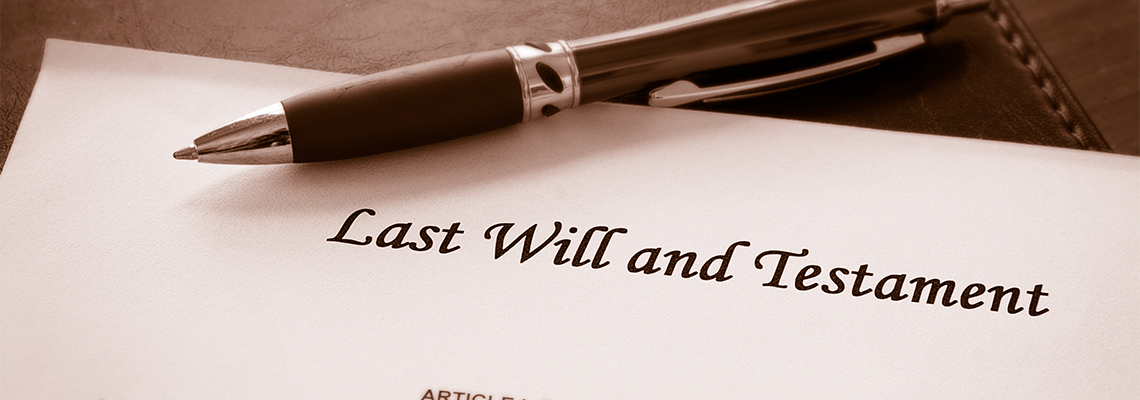What Is a 1031 Exchange?
How Might You Use a 1031 Exchange to Defer Paying Taxes
Call or text for an appointment with an experienced real estate attorney from Wadler, Perches, Kerlick. We have five offices in Wharton County, Fort Bend County, and Matagorda County.
In this article, we answer a question about the tax consequences of selling inherited real property and the option of using a 1031 exchange to defer capital gains taxes on the sale.
Question: I Inherited Some Land from My Aunt in 2004. I Want to Sell the Land Now. What Are the Tax Consequences? What Are the Capital Gains, if Any? how Can I Avoid Paying Tax on The Capital Gains?
Answer: You will owe capital gains tax only on the gain in the value of the real estate from the date you inherited the property to the date that you sell it. The estimated value of the real estate is often listed on the inventory that was filed in the probate case. Without further information, you will probably pay 15% tax on the gain since the property was held for more than one year and if you are in the 25% or higher tax bracket.
To avoid the capital gains tax, you may reinvest the proceeds from the sale in another property that is of the same nature or character as the one you are selling. This type of transaction is often referred to as a 1031 exchange (the IRS Code Section).
To complete the 1031 exchange correctly and avoid paying tax on the capital gains, I strongly suggest contacting a Qualified Intermediary to facilitate the exchange according to the deadlines established by the IRS rules and regulations.
Get Professional Help in Setting up A 1031 Exchange
If you have questions about using a 1031 exchange or you have other property law or probate questions, please call our office.



